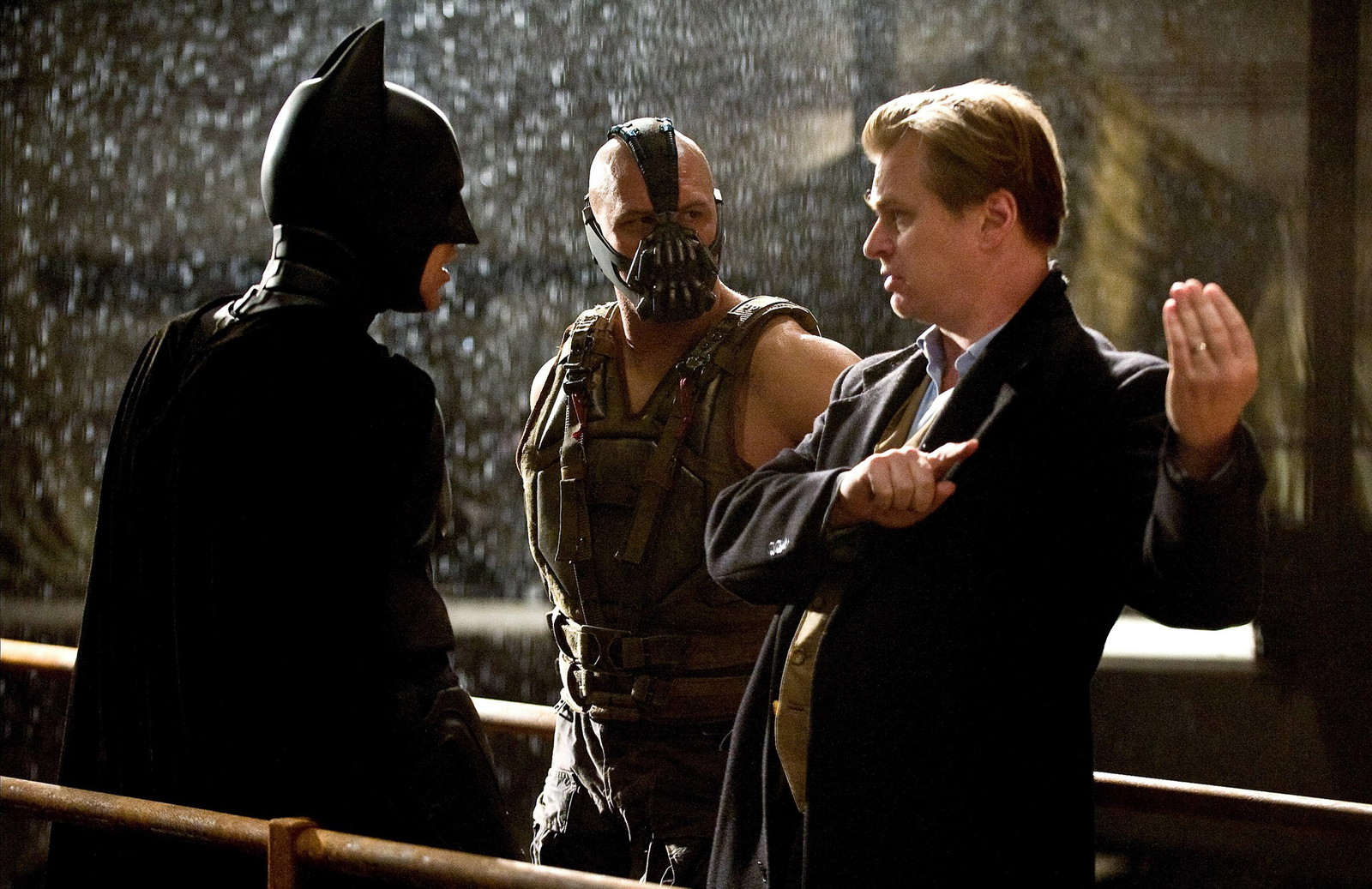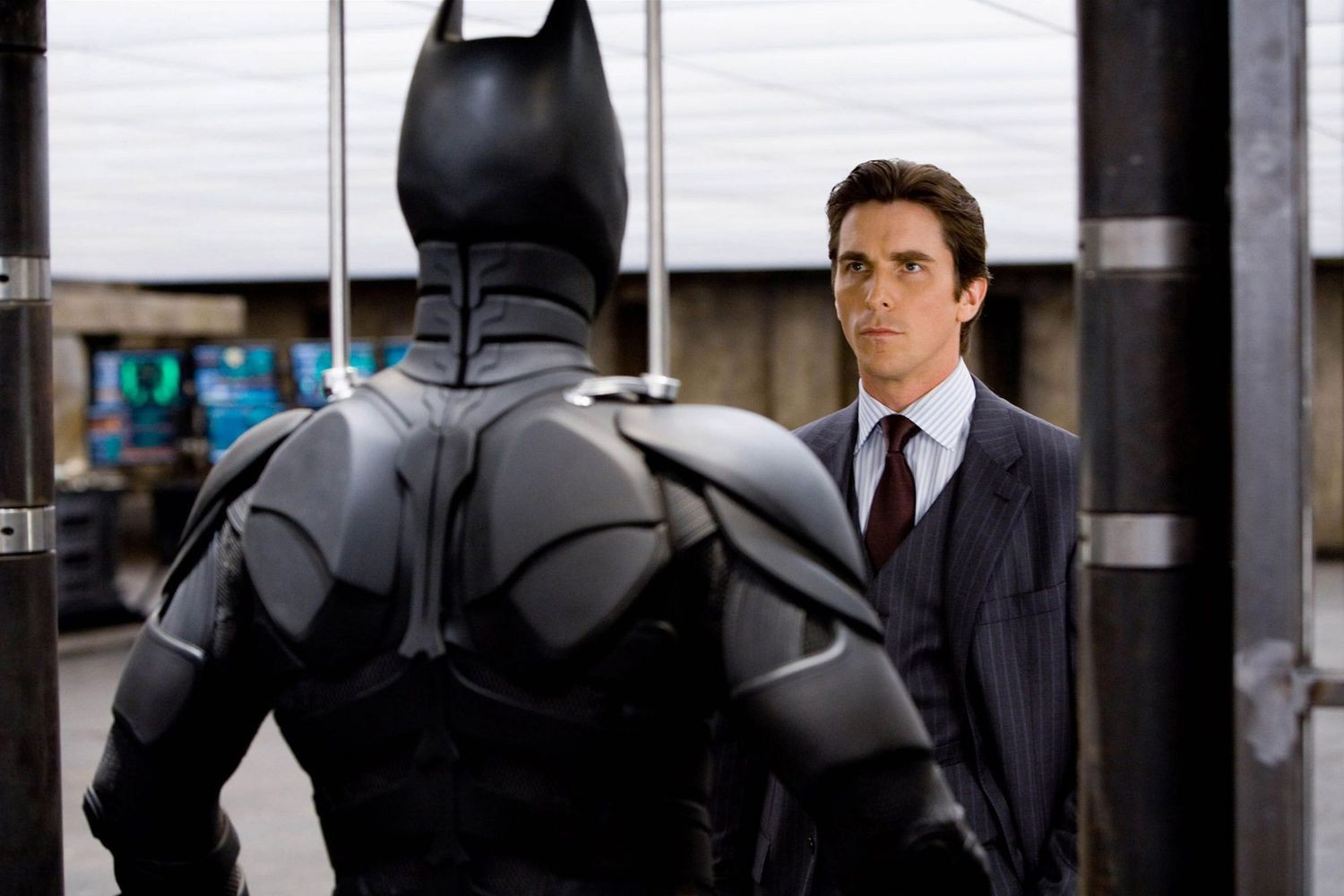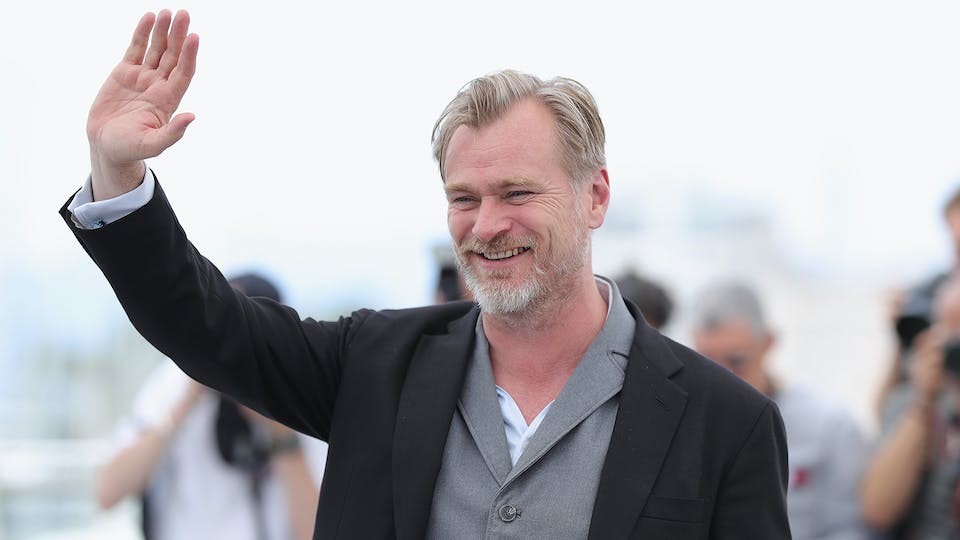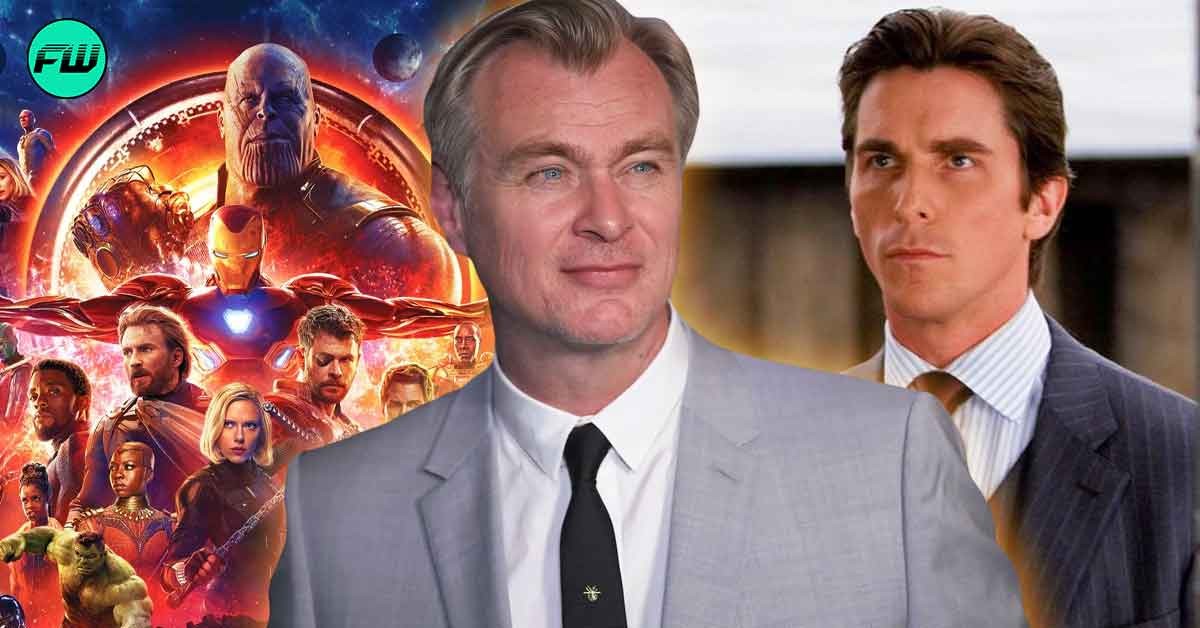Christopher Nolan’s name stands out like a beacon of cinematic genius in the ever-changing universe of superhero films. The classic Batman trilogy by the visionary director, which included Batman Begins, The Dark Knight, and The Dark Knight Rises, was a watershed moment for the superhero film genre, ushering in a new era and altering how fans viewed superheroes on the big screen.
Until the MCU came along and made superhero movies mainstream, Nolan’s Batman films were the genre’s gold standard. The director gave Batman a new lease of life, giving him a realistic and down-to-earth portrayal that struck a chord with comic book readers and moviegoers alike. Nolan’s directing prowess shone stronger when the fanbase landscape altered, giving his trilogy an edge over the superhero films that followed the MCU’s ascension to supremacy.
Christopher Nolan’s Visionary Approach to Batman

Nolan risked taking a different approach in a genre known for fanciful themes and larger-than-life characters. The director’s Batman trilogy was a bold departure from previous depictions of the Dark Knight, which tended toward the campy and exaggerated.
Nolan gave the superhero genre a new dimension by centering on Bruce Wayne’s inner path of discovery and redemption. Nolan’s inspiration for Batman came from a need to present the hero’s genesis on the big screen in a way that had never been done before.

In Batman Begins, spectators saw Bruce Wayne’s fascinating journey of change as he learned to become Batman from the mysterious Ra’s Al Ghul. Christopher Nolan produced a story that was as much about the guy behind the mask as it was about the hero he became by digging deep into the hero’s psyche.
The fact that Nolan’s trilogy was released before the advent of shared universes and crossover events made it superior to those that followed.
Christopher Nolan’s Enduring Legacy

Since Batman Begins takes place before the events of the DC Universe, it allowed Nolan to create an original Batman story that isn’t tied to any other films in the franchise. This strategy freed him from the need to make the plot relevant to other superheroes, allowing him to delve deeply into Batman’s character.
“The other advantage we had was back then you could take more time between sequels. When we did Batman Begins, we didn’t know we’d do one and it took three years to do it and then four years before the next one. We had the luxury of time. It didn’t feel like a machine, an engine of commerce for the studio. As the genre becomes so successful, those pressures become greater and greater. It was the right time.”
Even before Christopher Nolan’s Dark Knight, Batman had been portrayed in numerous films. But until Nolan’s trilogy, nobody had taken the character seriously or seriously enough. After the franchise’s rocky past with the Batman flicks directed by Tim Burton and Joel Schumacher, a new take was long overdue.
Nolan set out on a path of reinvention with Batman Begins, leaving behind the exaggerations of previous depictions of Gotham’s vigilante in favor of a more grounded and realistic take. The director had previously overseen indie hits like Memento and Following, but he was unfamiliar with the magnitude required for a blockbuster superhero movie. Warner Bros., however, saw the potential in his ideas and gave him unrestricted leeway to create his vision for Batman’s universe.
Source: Indiewire

